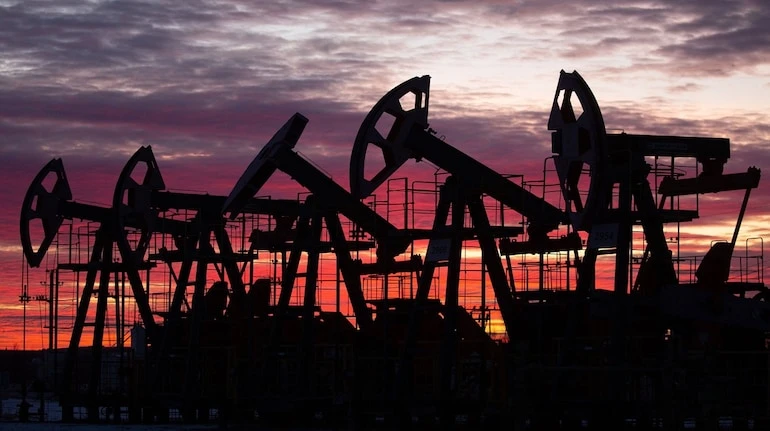

Why are oil producing countries queuing up to join BRICS?
Among the several countries that have expressed keenness to join the BRICS (Brazil-Russia-India-China-South Africa) bloc, the applications by Saudi Arabia, Iran, UAE, Egypt, Bahrain – the world’s top oil producers could have far-reaching implications. Why? These countries, which feature among the world’s top oil producing economies, are also the largest exporters. Their inclusion in the BRICS will significantly boost the bloc’s influence on the global stage. Russia, Brazil and China, which also rank among the top oil producers in the world, are already part of the bloc that represents the emerging economies.
Together the bloc would then dominate the global energy framework and may even undermine other key groups such as the Group of Seven (G7).
The US is the largest oil producer in the world. Saudi Arabia is the second largest but is the top exporter. Russia is the third largest in the world. Since last year, Russia has been supplying a bulk of crude to India and China after the West led sanctions came into effect.
India also sources its crude from Saudi Arabia, Iraq and UAE among others.
Until last year, Saudi Arabia produced about 11 million barrels a day while Russia produced 10.9 million. The UAE produced approximately 3.7 million barrels a day and Iran 3.6 million. Notably, Iran is also under US led sanctions. However, recently, the Organization of the Petroleum Exporting Countries (OPEC) decided to cut production leading to some reduction in output.
The inclusion of most oil producing countries into BRICS could boost energy security and cooperation among member countries.
The G7 countries include the US, Canada, United Kingdom, France, Germany, Italy, and Japan along with the European Union.
Most of the G7 member countries including Germany, France and Italy are battling tough economic crises. Germany has already slipped into recession.
“The economic influence of the BRICS bloc, on the other hand, has sharply increased in the post Covid 19 phase. These countries are now the global growth engines, dominating world headlines,” an analyst with a ratings agency told India Narrative. “You cannot ignore these countries, the developed nations need them,” he added.
According to UNCTAD, the potential for intra-BRICS investment holds great promise in the future. However, it added that more collaboration among members will be required to make investment a key driver of economic cooperation among the BRICS, and to bring more benefits for sustainable and inclusive economic development in the bloc.
Last year, at the 14th BRICS summit, Prime Minister Narendra Modi had noted that the bloc would be the driver of global growth in the post Covid 19 phase. Modi, who is slated to leave for South Africa tomorrow to attend the 15th BRICS summit, is expected to highlight India’s economic contours and achievements.
Recently, S&P Global Ratings projected that India will remain the fastest-growing major economy in the world. A report by the State Bank of India noted that India will surpass Japan and Germany in 2027.
Importantly, Modi is also expected to hold talks with Chinese President Xi Jinping at Johannesburg.
The PM will participate in special events which have been organised — BRICS – Africa Outreach and BRICS Plus Dialogue that will include other countries invited by South Africa, News On Air said.
The issue of de-dollarisation is expected to gain momentum as the BRICS nations look at setting up their own common currency to carry out trade.
Oilrpice.com in a report said that a “mutual skepticism” binds the BRICS countries which are spread across continents with distinctive economic models. “They question a world order seemingly skewed towards the interests of the US and its allies. An order they believe sets global norms that the West expects others to follow, without always adhering to them themselves,” it said.
Also read: Why stars maybe aligning for a Modi-Xi meeting during BRICS at Johannesburg
The Elon Musk-headed SpaceX's newest Starship exploded ahead of a routine engine test in Texas,…
Taiwan's Ministry of National Defence (MND) stated that it detected 50 Chinese military aircraft and…
US President Donald Trump is expected to make a decision about whether to take direct…
Prime Minister Narendra Modi and his Croatian counterpart Andrej Plenkovic have noted the importance of…
Israel Defence Forces Spokesperson Brigadier General Effie Defrin on Thursday said that Iran has expressed…
India's Hindustan Aeronautics Limited (HAL) and French engine manufacturer, Safran Aircraft Engines, signed an agreement…